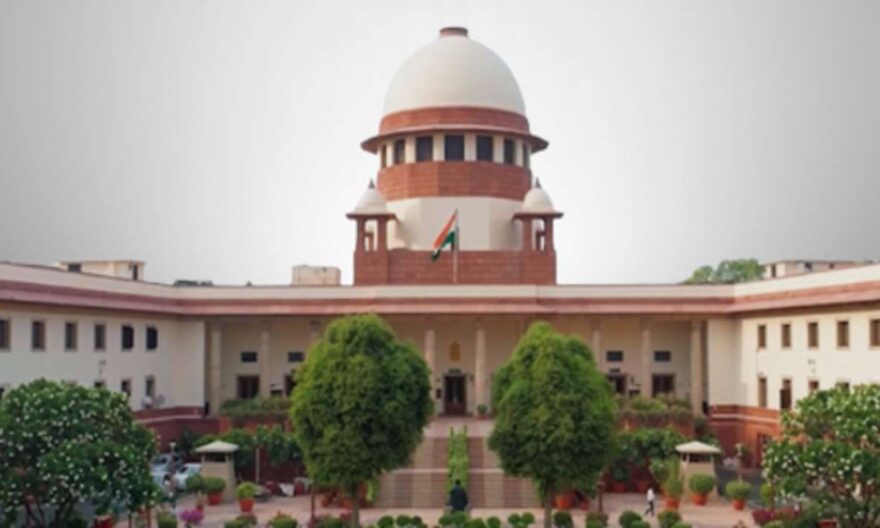
The Supreme Court has recently set up a high-level panel to address the environmental concerns arising from the influx of pilgrims visiting temples within the Sariska Tiger Reserve in Rajasthan.
A bench of Justice BR Gavai, Justice JB Pardiwala and Justice Sanjay Kumar held:
“The perusal of an affidavit by the deputy forest conservator and Sariska’s deputy field director reveals that the state government is attempting to find out a solution to the problem of lakhs of people visiting the temple situated in the core area. However, for finding a complete solution, it would be necessary that a body of experts sits together and comes out with an everlasting solution.”
The court further directed the panel to submit a report within six weeks.
The bench was examining an interlocutory application (IA) filed in the T.N. Godavarman Thirumulpad case, a comprehensive matter concerning forest protection, in which the Apex Court has issued the longest-standing continuing mandamus in the field of environmental litigation. Since 1996, when the court was approached to protect the Nilgiris forest, it has issued numerous orders on a wide range of issues, including deforestation, logging, mining, compensatory afforestation, and protection of endangered species. The court has expanded its role beyond interpreting the law and assumed the responsibility of overseeing the governance of Indian forests.
In 2002, a Central Empowered Committee (CEC) was established to monitor the implementation of the court’s orders and report incidents of non-compliance.
Amicus curiae K Parameshwar informed the court that the unrestricted entry of pilgrims into wildlife sanctuaries’ core areas posed a significant problem, making it challenging to control instances of poaching. He highlighted that the permission for two-wheelers to enter the core areas without radio-tagging or control was a major factor contributing to poaching. He further mentioned that thousands of devotees visit temples located within sanctuaries and national parks, particularly during the monsoon season, which coincides with the breeding season and when most sanctuaries are closed. Various government circulars exempt these religious places from the monsoon closure rule. Examples include Sabarimala, Tirupati, and Srisailam.
Rajasthan’s additional advocate-general Manish Singhvi assured the court that while they welcomed devotees to the temples, they were also committed to protecting the sanctuaries. The state government was working on a phased plan to allow devotees to visit the temples without causing harm to the environment




